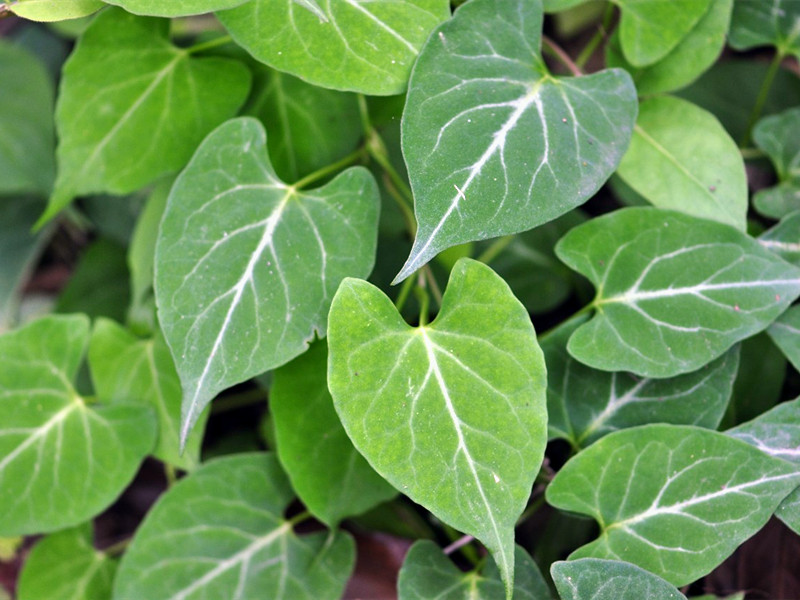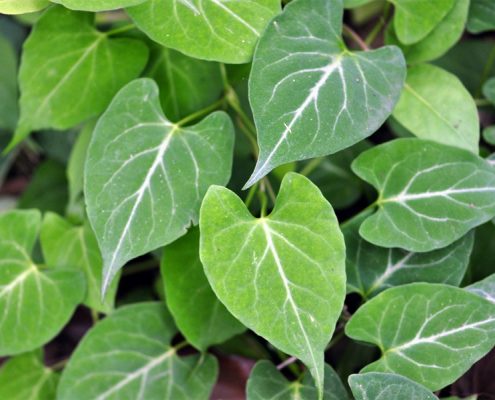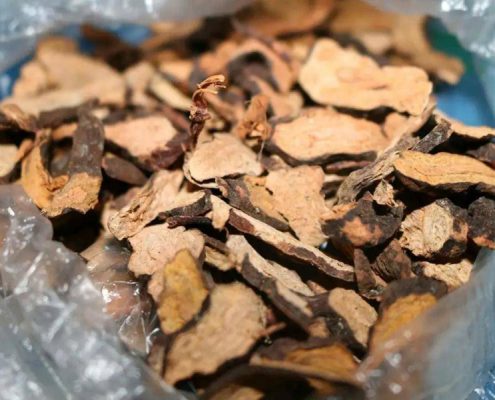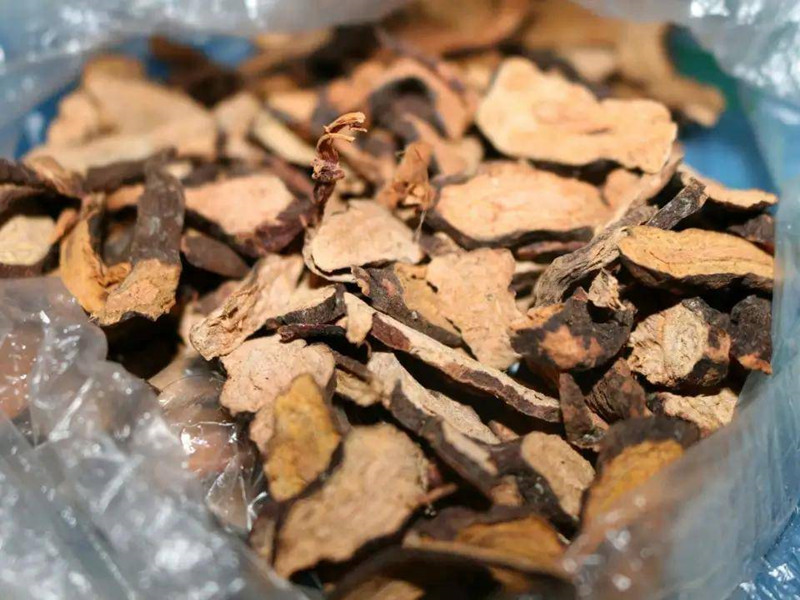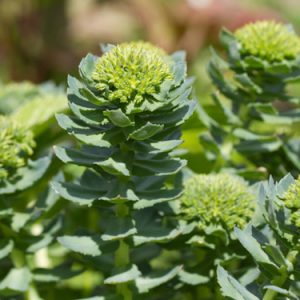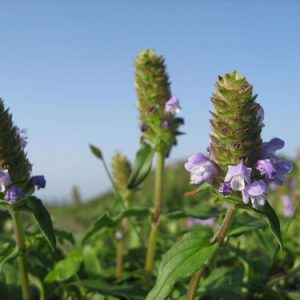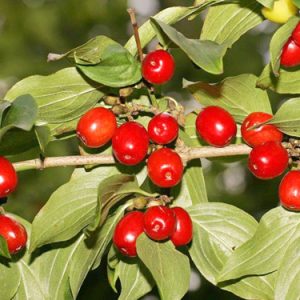Polygonum Multiflorum Extract
Specification: Ratio extract 10:1
- Other Name: Tuber fleeceflower, Chinese knotweed, He shou wu, Fo-Ti Root
- Part Used: Rhizome/Root
- Test methods: TLC, UV
- Appearance: Brown powder
- Product Applications: Skincare and cosmetic formulas
What’s Polygonum Multiflorum Extract?
Reynoutria multiflora, also known as fo-ti or Chinese knotweed, is a species of perennial vine with large leaves and purple flowers planted in the buckwheat family Polygonaceae native to parts of Asia and Central America. Its root has been used in traditional herbal medicine for a variety of conditions. Chinese Folk have used it to relieve insomnia, treat diabetes and even stimulate hair growth. Modern science casts doubt on some of its uses and warns about potential liver toxicity, but some research supports other benefits. The main components of polygonum multiflorum extract are Stilbeneglycoside, lecithin, emodin, rhein and other components. It is associated with hepatotoxicity in patients and now its application is more popular in skincare and cosmetic formulas.
About Rainbow® Biotech
As one of the leading plant extract manufacturers and suppliers in China, Rainbow Biotech owns a GAP standard plantation of over 300000 square meters which ensures a stable and high-quality supply of raw material. We are supplying Polygonum Multiflorum Extract powder with good purity to ensure that you get only natural, top-quality extracts. We guarantee no additives or preservatives added so that you get maximum benefits from this plant extract.
Benefits of Polygonum Multiflorum Extract
- Polygonum Multiflorum extract reduced plaque buildup in blood vessels by blocking the activity of foam cells (white blood cells that infiltrate artery walls) and promoting formation of healthy cholesterol levels.
- The study found that Polygonum Multiflorum extract stimulated dermal papilla cells—a key cell type involved in the anagen phase of hair growth—in vitro and in vivo, suggesting that it may help prevent and treat baldness and androgenic alopecia (AGA).
- Dandelion Extract: What It Is, Benefits, Uses and Side Effect - April 23, 2024
- Is Berberine Extract Help For Weight Loss? - April 11, 2024
- Why Is Pysllium Husk Powder A Popular Meal Replacement Ingredient? - April 3, 2024

